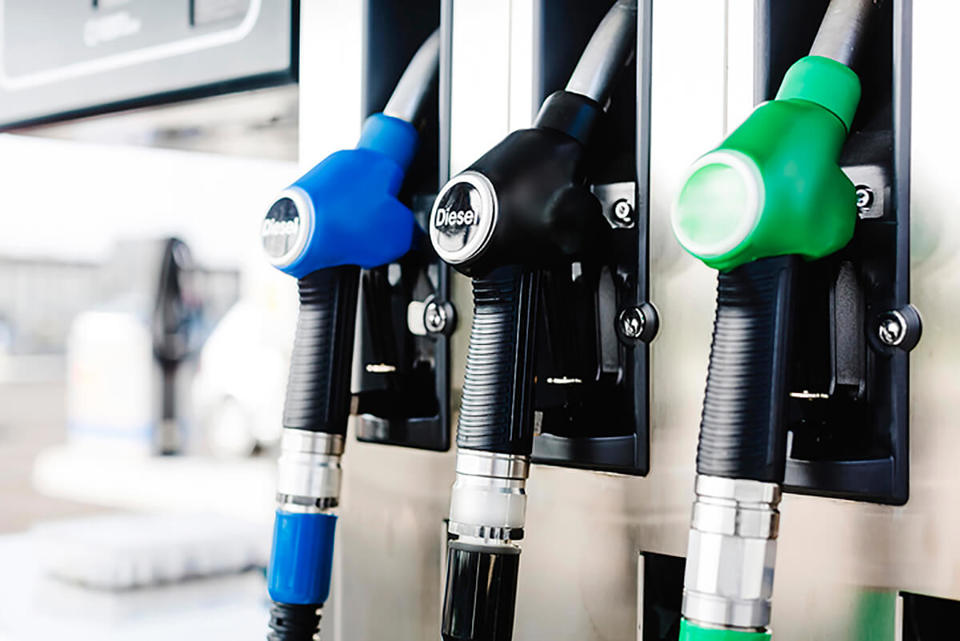The Spring Statement tomorrow (Wednesday, March 23) is normally no more than an economic update, alongside a new forecast from the Office for Budget Responsibility (OBR).
However, the cost-of-living crisis, exacerbated by the war in Ukraine, means the pressure is on the Chancellor, Rishi Sunak, to help households and business.
Fleets have faced daily rises at the pumps, with averages hitting new records on most days over the past few weeks and now standing at around 167p per litre for petrol and nearly 179p for diesel.
Last week, Nathan Piper, head of oil and gas research at financial services company Investec, warned MPs on the Treasury Committee of possible “continued increases in fuel prices”.
He explained: “If more stringent actions are imposed upon Russia, and five million barrels a day is truly taken out of the market, then oil prices would really have no ceiling.”
He added that diesel was particularly exposed to price rises, with half of the country's diesel imported and a third of these imports coming from Russia.
Dr Amrita Sen, director of research at Energy Aspects, said that petrol prices could rise to around £2.40 a litre and that diesel prices of £2.50 to £3 were “definitely in the realms of possibility”.
She also warned that the UK could follow Germany in introducing rationing measures which have already seen BP and Shell reduce diesel wholesales to industry.
The weekend papers suggested that the Chancellor could be mulling over a cut in fuel duty.
A significant proportion of the cost of petrol and diesel goes on tax.
Fuel duty has been frozen at 57.95 pence per litre since 2011. On top of this, 20% VAT is added to the overall fuel bill.
A 5p cut in the fuel duty would equate to a 6p saving per litre.
Robert Gordon, chief executive officer of Novuna (formerly Hitachi Capital), said: “Wednesday’s Spring Statement is an opportunity for the Government to take decisive, meaningful action to help consumers and businesses avoid the worst impact of surging inflation.”
However, he argues that the expected fuel duty cut in light of fuel prices hitting an historic high is “likely to do little” to ease the burden on fleets.
“The cut should be complemented by the Government shining a light on the benefits of electric vehicles,” he said.
“Wednesday presents a chance for the Government to reinforce its commitment to install public access charge points across the UK, a lack of which are continuing to inhibit EV take-up despite increasing registrations, in order for motorists to make the leap to an EV with confidence.”
He added: “With the retail sector hit particularly hard over the past two years, and inflation expected to reach over 7% this Spring, there is a risk the sector will only feel the pinch further.
“A targeted extension of the Business Rates Relief Scheme would provide a welcome buffer to support the sector while it remains unable to consistently hit pre-pandemic levels of growth.”
Lisa Conibear, regional director UK and Europe for Zoomo, is hoping that the Chancellor will use the Spring Statement as a “catalyst” to increase cycling and micro-mobility in the UK further.
“We believe support of this sector is necessary from both a business and community perspective,” she said.
“Firstly, small and medium-size businesses with exposure to last-mile distribution are seeing surging operating costs and supply chain disruptions.
“Increasing costs are being driven further upwards by Brexit, supply chain price hikes, and now with the tragic Russian invasion of Ukraine, we are witnessing an unprecedented rise in fuel prices.
“This budget is an opportunity to support these businesses while showing the country the seriousness of the UK's commitment to sustainability.
“It's time that the UK Government puts a stake in the ground and confirms that we are dedicated to meeting emissions targets and moving our country towards a greener future.”
Sunak is due to deliver his Spring Statement to Parliament at 12.30pm tomorrow (Wednesday, March 23).





















Login to comment
Comments
No comments have been made yet.